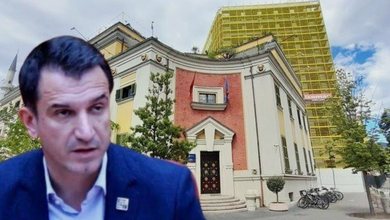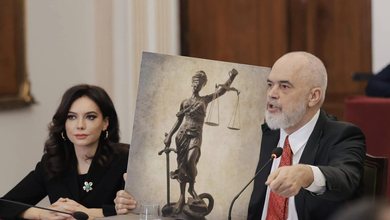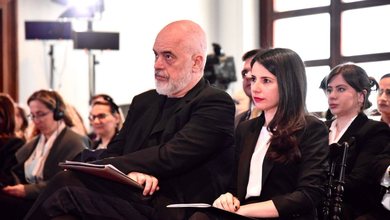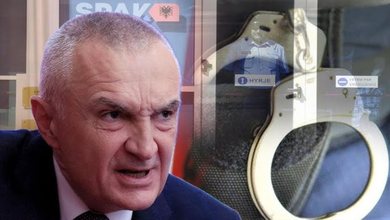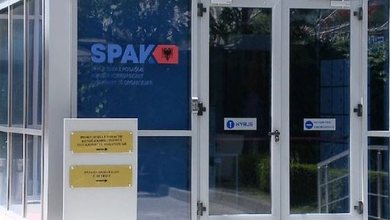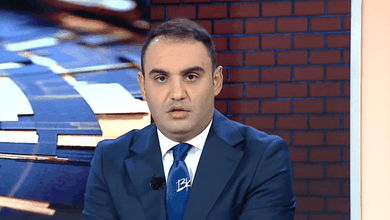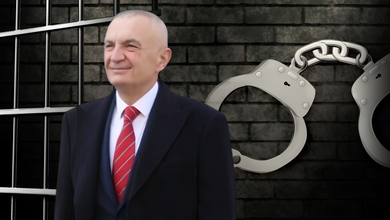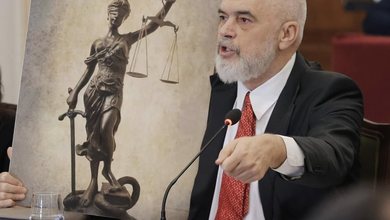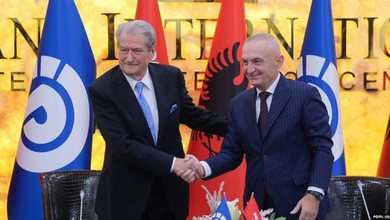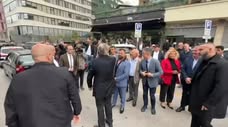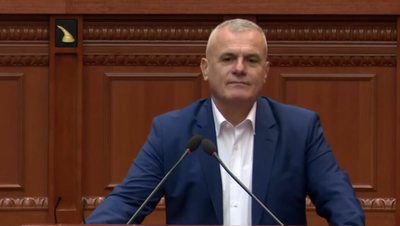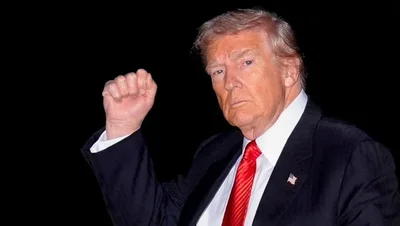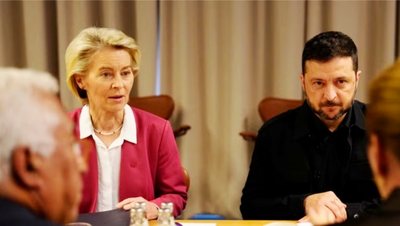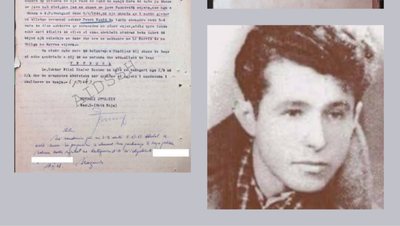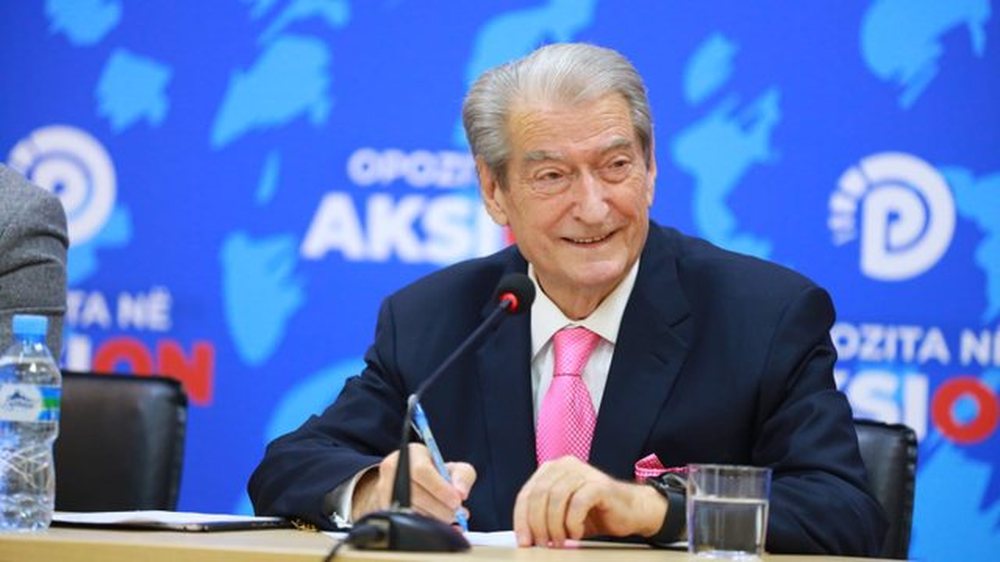
Before the first bell of the new legislature rings, Sali Berisha faces a complicated equation: how to keep satisfied the historical allies that he himself brought into the Assembly, but who today want something more than a seat, they also want a separate parliamentary group.
Ilir Meta has already announced the formation of his group. Fatmir Mediu, with the usual republican caution, confirms that he is talking to the Democratic Party about creating others. The reason? According to him, "two or three parliamentary groups" are not a luxury, but a way to function better as an opposition.
But what does it really mean to have two or three parliamentary groups? Nothing more than an administrative procedure that gives you a few privileges: more speaking time, more offices, dedicated staff and, above all, a seat in the Conference of Presidents. In practice, it is an arithmetic game for more microphones and television minutes. Real power? Only if these groups coordinate. Otherwise, they remain an internal theater of speeches, where everyone wants their own podium, but says the same thing.
Berisha, meanwhile, must choose quickly. Not only to resolve this "procedural dilemma", but also to determine how the Democratic Party will deal with the Assembly, which, according to him, is the product of an "electoral farce".
And here lies the greatest irony: while the DP distributes parliamentary groups to its allies, it itself has not yet managed to gather as its own group, nor to conduct a serious analysis of the elections and the result. Instead of dealing with the balance of losses and the new opposition path, the DP seems more engaged in distributing privileges, like a company granting new franchises, while its main brand has not yet taken inventory.


